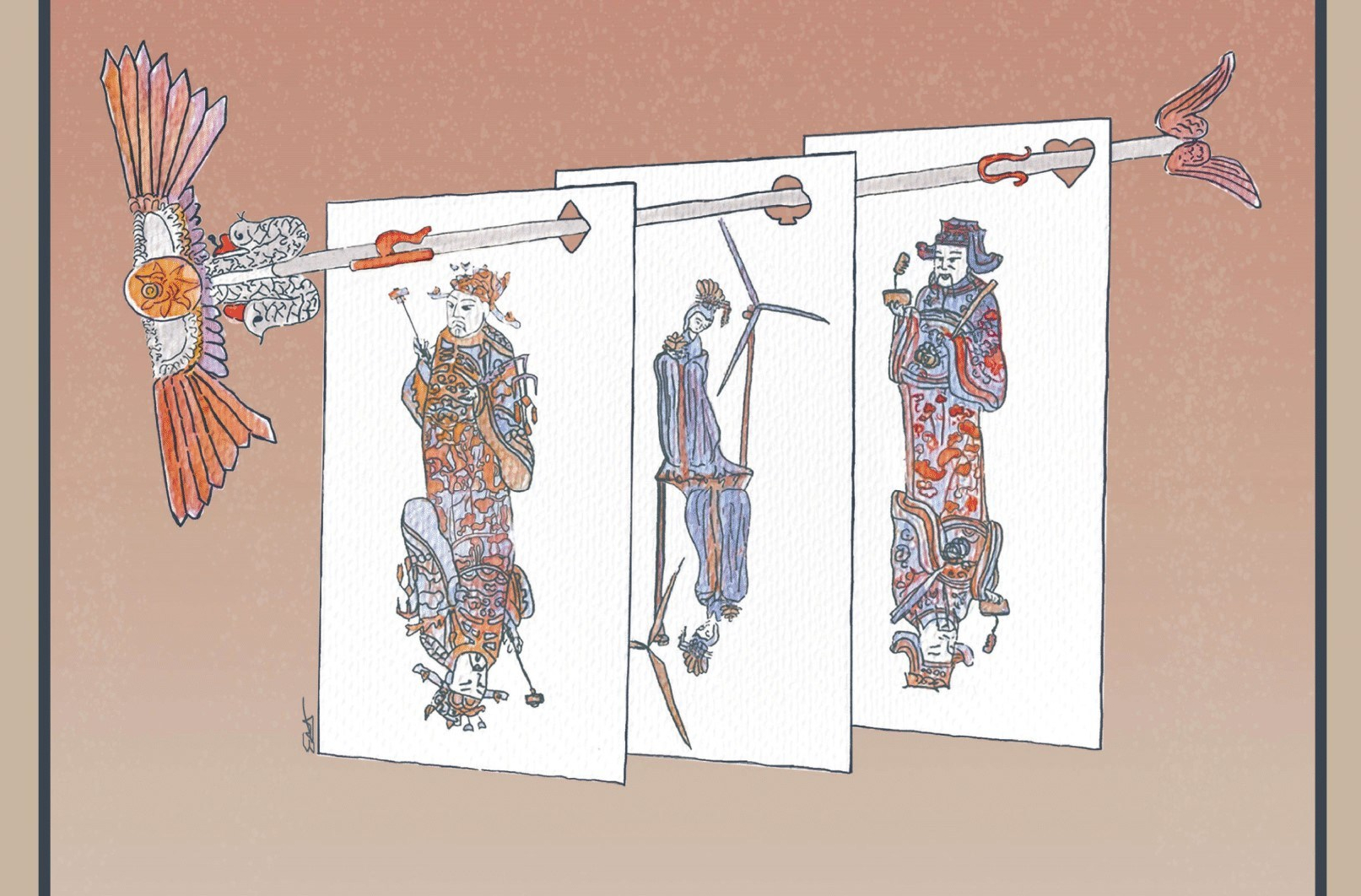Dear Readers,
Sir Austen Chamberlain, half-brother of former Prime Minister Neville Chamberlain, once referred to a Chinese curse which took the form of saying, “May you live in interesting times.” We live in interesting times. The foundations of US-China relations are splintering. The delicate webs of global value chains and cross-border investments linking our economies are unravelling. The resulting disruptions are diverting attention from China’s severe internal problems, ranging from debt to environmental destruction.
The world needs to wake up. If China’s domestic economic challenges precipitate an economic recession, it would generate devastating ripple effects felt from the commodity-exporting economies at the bottom of the value chain to the financialized economies at the top. If China’s environmental reforms do not succeed, then everything from regional water security to global climate change may be plunged into crisis. China’s problems have global impact – ignoring that to fixate on strategic competition and geopolitics puts the future of the entire world in jeopardy. That’s why this tenth edition of China Hands is fundamentally introspective, analyzing China’s approaches to environmental policy, technological advancements, and more.
Some analysts treat China as a “mystical, ineffable Oriental reality which is claimed to be inaccessible to Western or Eastern minds,” struggling to cram Chinese policy into a framework tenuously based on concepts like “tianxia.” Others ignore Chinese cultural and ideological differences altogether, warning of a “hegemonic sphere of trade, communication, transportation, and security links” furthering China’s “neocolonial designs” based on a realpolitik framework. In the words of Adam Smith, both camps “give up the evidence of their senses to preserve the coherence of the ideas of their imagination.” In doing so, they fuel narratives that polarize public opinion and political thinking instead of fostering compromise and collaboration.
We at China Hands believe this is an unproductive way of thinking about China. Oversimplifying problems and painting an entire country with a broad brush can spur rash responses. After all, if the only tool you have is a hammer, every problem looks like a nail. If you feel like a nail, everything looks like a hammer. China Hands is here to remind policymakers in both the US and China that they have more tools than just a hammer, and that they’re only nails if they refuse to move. Our mission at China Hands is to exorcise the ghosts of our imagination and confront China’s problems with a rational, solution-oriented mindset. Fanning the flames of controversy may be exhilarating and intoxicating, but at the end of the day we all live in the same forest, and none of us can predict which way the wind will blow tomorrow.
We hope these pieces spark critical but constructive thinking on the challenges that China faces. Moreover, we look forward to hearing your thoughts and contributions in the coming year. We live in interesting times, and I hope future historians will find our generation interesting for how well we handled the daunting challenges of our time.
Yours Truly,
Jeffrey Fu
Editor in Chief

